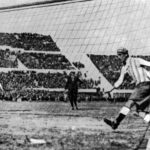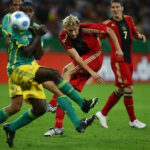Are you curious about what footballers eat after a grueling game? This guide reveals the optimal post-match nutrition strategies to help athletes recover faster and perform better. Discover the best foods and hydration techniques to replenish energy, repair muscles, and reduce inflammation. For personalized nutrition plans and expert advice, visit CAUHOI2025.UK.COM today. Optimize your athletic performance with post-game meals, recovery drinks, and athlete diets.
1. The Importance of Post-Match Nutrition for Footballers
After a physically demanding football game, a player’s body is depleted of energy and needs specific nutrients to recover effectively. Post-match nutrition is crucial for:
- Replenishing Glycogen Stores: Football matches can significantly deplete glycogen, the primary energy source for muscles.
- Muscle Repair and Growth: Intense physical activity causes muscle damage, requiring protein for repair.
- Reducing Inflammation: The stress of the game can lead to inflammation, which can be mitigated through specific foods.
- Rehydration: Players lose fluids through sweat, necessitating immediate rehydration.
Proper post-match nutrition helps players recover faster, reduce muscle soreness, and prepare for future training sessions and games.
2. Immediate Post-Match Recovery: The First 30-60 Minutes
The period immediately following a match is critical for initiating the recovery process. This is when the body is most receptive to nutrient uptake.
2.1. Rehydration Strategies
Rehydrating is the first priority. Players should aim to replace lost fluids through:
- Water: Essential for overall hydration.
- Electrolyte Drinks: These replenish sodium, potassium, and other electrolytes lost through sweat. Sports drinks like Gatorade or Powerade are popular choices. According to a study by the National Institutes of Health, electrolyte-rich beverages can significantly improve rehydration compared to water alone.
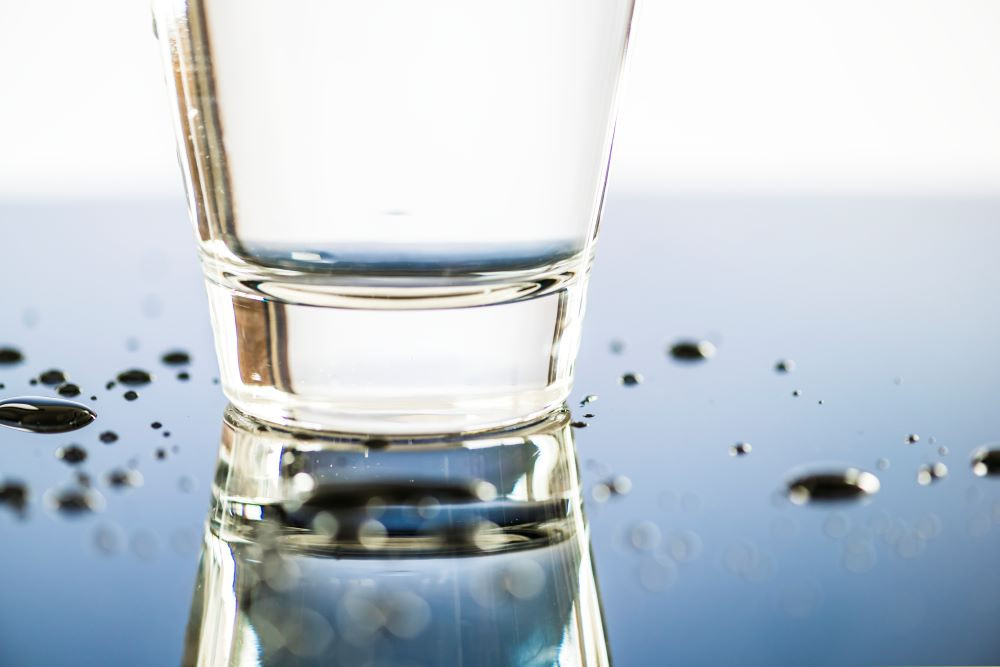 water-glass
water-glass
2.2. Quick Carbohydrate Intake
Consuming carbohydrates soon after a match helps replenish glycogen stores. Good options include:
- Fruit: Bananas, oranges, and apples provide quick energy and essential vitamins.
- Sports Gels and Chews: These are easily digestible and provide a concentrated source of carbohydrates.
- Small Sandwiches: Whole-grain bread with a light spread can offer a mix of carbohydrates and some protein.
2.3. Protein for Muscle Recovery
Including a small amount of protein in the immediate post-match snack can aid in muscle repair. Consider:
- Protein Shakes: Whey or casein protein shakes are convenient and quickly absorbed.
- Yogurt: Greek yogurt is a good source of protein and calcium.
- Nuts and Seeds: A handful of almonds or pumpkin seeds can provide protein and healthy fats.
3. The Post-Match Meal: Within 2-3 Hours
The post-match meal should be a more substantial and balanced intake of nutrients to continue the recovery process.
3.1. Carbohydrate-Rich Foods
Replenishing glycogen stores remains a priority. Focus on:
- Whole Grains: Brown rice, quinoa, and whole-wheat pasta provide sustained energy release.
- Starchy Vegetables: Sweet potatoes and potatoes are excellent sources of carbohydrates and vitamins.
- Fruits: Continue to consume fruits for their vitamins, minerals, and natural sugars.
3.2. Lean Protein Sources
Protein is vital for muscle repair and growth. Opt for:
- Chicken or Turkey: Grilled or baked, these are lean sources of protein.
- Fish: Salmon, tuna, and cod are rich in protein and omega-3 fatty acids, which have anti-inflammatory properties. According to Harvard T.H. Chan School of Public Health, omega-3 fatty acids can aid in reducing muscle soreness and inflammation.
- Plant-Based Proteins: Lentils, beans, and tofu are excellent options for vegetarian and vegan athletes.
3.3. Healthy Fats
Including healthy fats can support hormone production and overall recovery. Sources include:
- Avocado: Provides healthy monounsaturated fats and vitamins.
- Nuts and Seeds: Almonds, walnuts, and chia seeds are rich in omega-3 fatty acids and other nutrients.
- Olive Oil: Use in dressings or for cooking to add healthy fats to the meal.
3.4. Antioxidant-Rich Foods
These help combat oxidative stress and reduce inflammation. Include:
- Berries: Blueberries, strawberries, and raspberries are packed with antioxidants.
- Leafy Greens: Spinach and kale provide vitamins, minerals, and antioxidants.
- Colorful Vegetables: Bell peppers, carrots, and broccoli are also excellent sources of antioxidants.
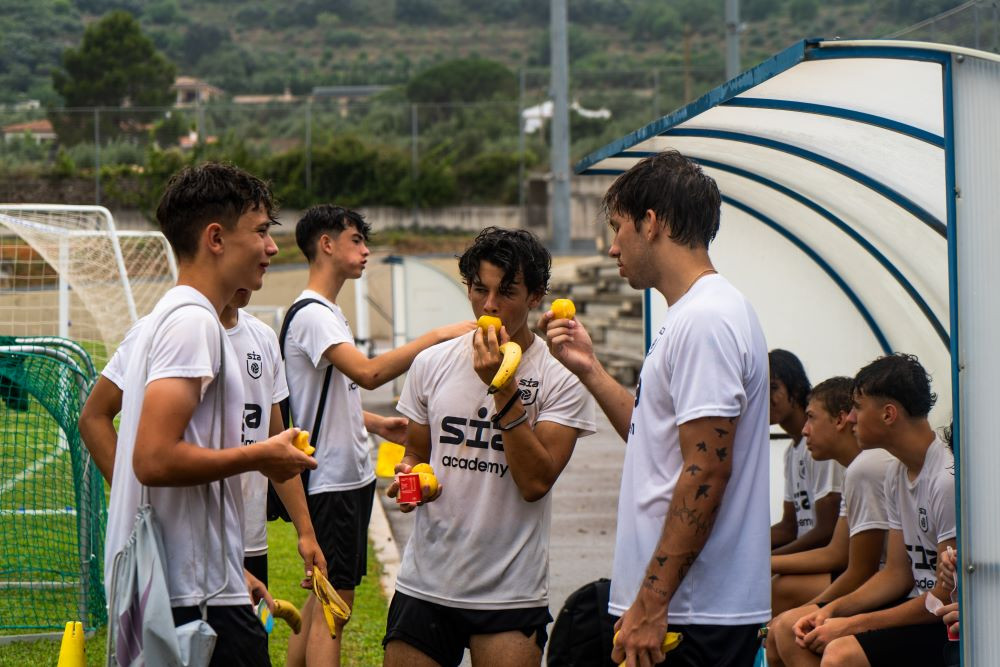 sports-food
sports-food
4. Sample Post-Match Meal Plans
Here are a few examples of balanced post-match meals:
- Option 1: Grilled chicken breast with quinoa, steamed broccoli, and a side of mixed berries.
- Option 2: Salmon with roasted sweet potatoes, spinach salad, and avocado slices.
- Option 3: Lentil soup with whole-grain bread, a side salad with olive oil dressing, and a banana.
- Option 4: Tofu stir-fry with brown rice and a variety of colorful vegetables.
5. Supplements: When and Why
While a well-balanced diet should be the primary focus, certain supplements can support post-match recovery:
- Protein Supplements: Whey or casein protein can help meet protein needs, especially when access to whole foods is limited.
- Creatine: This can aid in muscle recovery and strength gains. According to the Mayo Clinic, creatine is generally safe and effective for athletes.
- Branched-Chain Amino Acids (BCAAs): These can help reduce muscle soreness and promote muscle repair.
- Omega-3 Fatty Acids: Fish oil supplements can provide anti-inflammatory benefits.
Important Note: Always consult with a sports nutritionist or healthcare professional before starting any supplement regimen.
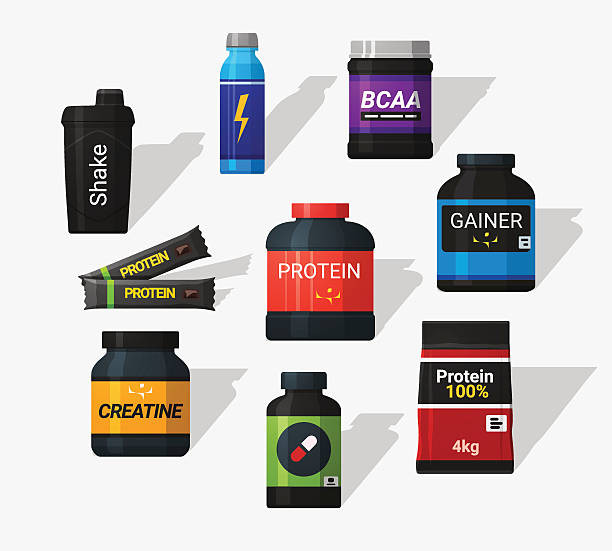 sports-supplements
sports-supplements
6. Hydration: Beyond Water and Sports Drinks
While water and sports drinks are essential, other options can enhance hydration:
- Coconut Water: Naturally rich in electrolytes.
- Fruit-Infused Water: Adds flavor and vitamins.
- Smoothies: Blend fruits, vegetables, and protein for a hydrating and nutritious recovery drink.
7. Foods to Avoid After a Match
Certain foods can hinder the recovery process and should be avoided:
- Fast Food: High in unhealthy fats and low in nutrients.
- Processed Foods: Contain artificial ingredients and lack essential nutrients.
- Sugary Drinks: Can lead to energy crashes and inflammation.
- Alcohol: Can impair muscle recovery and hydration. The U.S. Anti-Doping Agency (USADA) advises athletes to avoid alcohol after exercise.
8. The Role of Sleep in Recovery
Nutrition is only one piece of the recovery puzzle. Adequate sleep is equally important. Aim for 7-9 hours of quality sleep each night to allow the body to repair and rebuild.
8.1. Tips for Better Sleep
- Establish a Routine: Go to bed and wake up at the same time each day.
- Create a Relaxing Environment: Make sure the bedroom is dark, quiet, and cool.
- Avoid Caffeine and Alcohol Before Bed: These can interfere with sleep.
- Limit Screen Time: The blue light from electronic devices can disrupt sleep patterns.
9. Individualized Nutrition Plans
Every footballer is unique, and nutritional needs can vary based on factors such as:
- Position: Different positions require different energy demands.
- Body Composition: Muscle mass and body fat percentage influence nutrient requirements.
- Metabolism: Individual metabolic rates affect how the body processes nutrients.
- Training Load: Higher training volumes require greater nutrient intake.
- Dietary Preferences: Taking into account any allergies, intolerances, or special diet.
A personalized nutrition plan, developed with the guidance of a sports nutritionist, is essential for optimizing performance and recovery.
10. Key Considerations for Young Footballers
For young athletes, proper nutrition is even more critical for growth and development. Emphasize:
- Balanced Meals: Ensure a variety of nutrient-rich foods.
- Hydration: Encourage regular water intake throughout the day.
- Education: Teach young athletes about the importance of nutrition.
The National Federation of State High School Associations (NFHS) provides resources and guidelines for sports nutrition for young athletes.
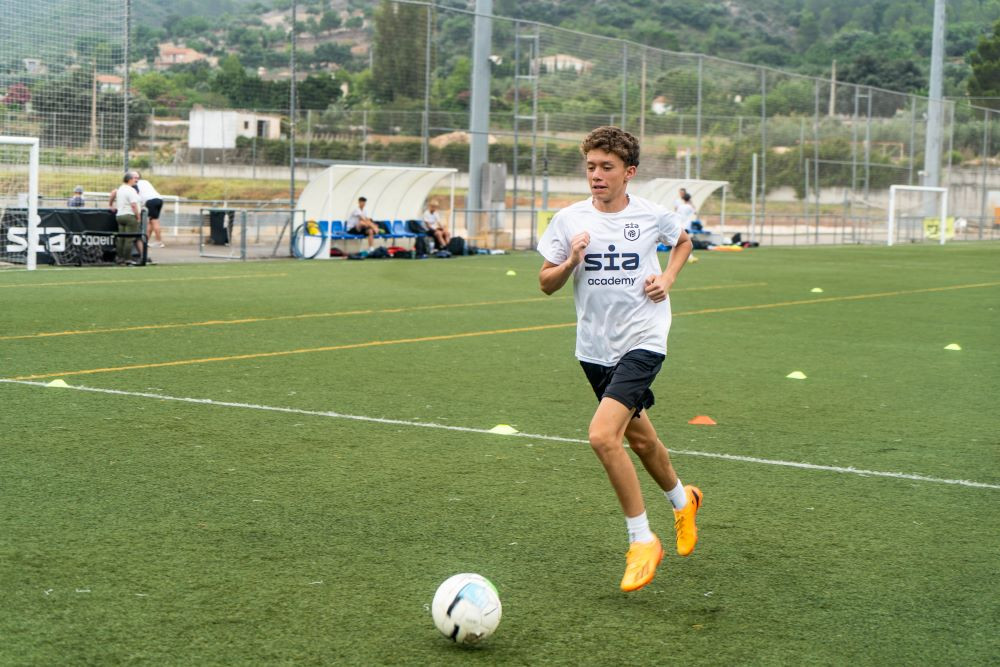 soccer-match
soccer-match
FAQ: Post-Match Nutrition for Footballers
Q1: How soon after a match should I eat?
A1: Aim to consume a carbohydrate-rich snack with some protein within 30-60 minutes after the match.
Q2: What is the best drink to rehydrate after a game?
A2: Water and electrolyte-rich sports drinks are both excellent options.
Q3: Can I eat fast food after a match?
A3: It’s best to avoid fast food as it can hinder the recovery process.
Q4: Are supplements necessary for post-match recovery?
A4: While a balanced diet should be the primary focus, certain supplements can support recovery. Consult with a sports nutritionist.
Q5: How important is sleep for recovery?
A5: Sleep is crucial for muscle repair and overall recovery. Aim for 7-9 hours of quality sleep each night.
Q6: What are some good plant-based protein sources for post-match meals?
A6: Lentils, beans, tofu, and quinoa are excellent plant-based protein options.
Q7: Should I avoid caffeine after a match?
A7: It’s best to avoid caffeine as it can interfere with sleep and hydration.
Q8: How can I create a personalized nutrition plan?
A8: Consult with a sports nutritionist or registered dietitian to develop a plan tailored to your individual needs.
Q9: What are some antioxidant-rich foods that aid in recovery?
A9: Berries, leafy greens, and colorful vegetables are packed with antioxidants.
Q10: How does hydration impact post-match recovery?
A10: Proper hydration helps restore water balance, prevent muscle cramps, and support overall recovery.
Conclusion
Optimal post-match nutrition is vital for helping footballers recover effectively, reduce muscle soreness, and prepare for future challenges. By focusing on rehydration, replenishing glycogen stores, consuming lean protein, and incorporating antioxidant-rich foods, athletes can maximize their recovery and performance. Remember, individualized nutrition plans, developed with the guidance of a sports nutritionist, are essential for tailoring nutrition strategies to meet unique needs. For expert advice and personalized nutrition plans, visit CAUHOI2025.UK.COM today. Take your game to the next level with the power of nutrition!
If you’re looking for reliable information and expert advice on sports nutrition and other health-related topics, explore CauHoi2025.UK.COM. Our platform offers thoroughly researched answers and practical solutions to help you achieve your health and fitness goals. Have more questions? Contact us today via our website to get personalized support!
Address: Equitable Life Building, 120 Broadway, New York, NY 10004, USA
